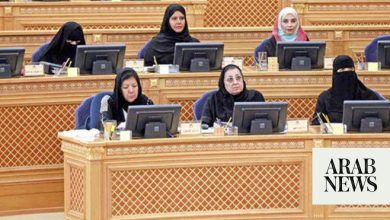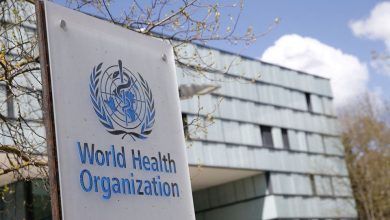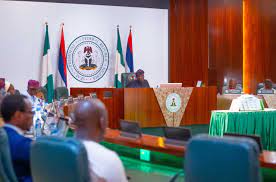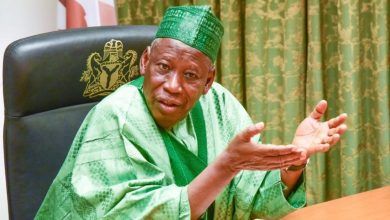Bangladesh Launches Three Days of Mass Political Rallies Ahead of Anticipated Elections
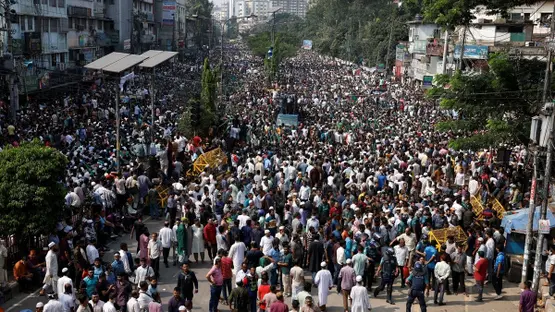
Bangladesh has entered a pivotal phase in its democratic transition, as rival political groups began three days of high-stakes mass rallies in the capital, Dhaka, ahead of long-awaited national elections.
The rallies mark a turning point in the country’s political landscape, following last year’s dramatic ouster of longtime Prime Minister Sheikh Hasina, who fled into exile after protestors stormed her official residence in August amid mounting accusations of authoritarian rule and human rights abuses.
Since then, Nobel Peace Prize laureate Muhammad Yunus, 84, has led a caretaker government and pledged to hold free and fair elections—potentially as early as December 2025, but no later than mid-2026.
Thursday’s events began with a May Day rally organized by the opposition Bangladesh Nationalist Party (BNP), widely considered the frontrunner in the upcoming polls.
“We believe this will be one of the most significant rallies in recent history,” said Shairul Kabir Khan, the BNP’s media coordinator.
Islamist group Jamaat-e-Islami and the Jatiya Party—once closely aligned with Hasina’s regime—also mobilized supporters on Thursday. For the Jatiya Party, the rally marked a return to public politics after its offices were ransacked in October for allegedly aiding Hasina’s efforts to retain power.
On Friday, the newly formed National Citizens Party (NCP), a youth-driven movement that emerged from the uprising, will host its own demonstration. The party’s leader, Nahid Islam, initially served briefly in the transitional government before resigning to lead the NCP.
“This rally is about public engagement, not showmanship,” said senior NCP figure Ariful Islam Adib, who anticipates a turnout of 20,000 to 30,000 people.
The rallies will culminate Saturday with a major gathering by Hefazat-e-Islam, a coalition of conservative Islamic seminaries and scholars. Its leader, Mamunul Haque, said the group will use the platform to present a list of four demands—chief among them, scrapping a set of women’s rights reforms proposed by the government.
“We’re not swayed by who is in charge—Muhammad Yunus or anyone else,” Haque declared. “Our voices will be heard.”
The resurgence of religious conservatism highlights the evolving political dynamics in a country still reckoning with the legacy of Hasina’s 15-year rule. During her tenure, she was known for both rapid economic growth and an aggressive crackdown on Islamist groups.
Now in exile in India and facing charges of crimes against humanity, Hasina has refused to return to Bangladesh, ignoring an arrest warrant issued in Dhaka. It remains unclear whether her Awami League party will participate in future elections.
Speaking to Al Jazeera earlier this week, interim leader Yunus said the timing of the elections will depend on the scope of political reform.
“If the parties want a quick election, we can do it in December,” he said. “But if they prefer deeper reforms, we’ll go until June—no later.”
With a population of 170 million, Bangladesh last held elections in January 2024—polls that were widely discredited after the opposition boycotted the vote and the ruling party claimed victory virtually unchallenged.
The coming weeks could prove decisive in determining whether the country returns to democratic norms or continues down a path of political uncertainty.

